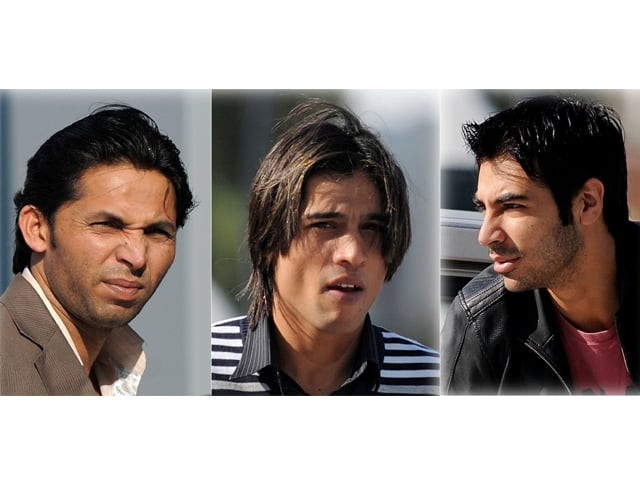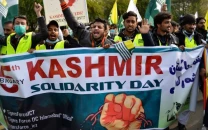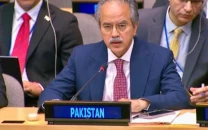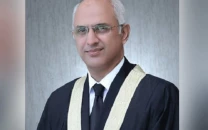Analysis: Tribunal didn’t have too many choices
No matter what pleas for leniency it heard, ICC could not ignore the investigations of the CPS.

For the ICC, criticised for not resolving the nearly six-month old issue in time to give the players concerned a chance to make the Pakistan World Cup side, there were obvious difficulties.
Cricketers are citizens first. And if citizens are accused of conspiracy or cheating, then they generally respond to charges before they get into flannels and start playing.
Consider the scenario where these men were included in the World Cup side. On March 17 they are expected at the City of Westminster Magistrate’s court. Giving them just enough time to pack their bags after the easy game against Zimbabwe to be at the hearing as they had promised. They would then rush back to make the crucial fixture against Australia at Colombo’s Premadasa Stadium on 19 March. And likely hear the Aussies say: “You’re missing some gear, boys, where are the handcuffs?” Bollywood plots are less ridiculous.
But the Aussies would be right. The crimes that the CPS is investigating just happened to have been committed in an improbable arena: a field of cricket. Where lesser crimes, such as batting too slow, playing a rash shot, or bowling too many wayward deliveries (unintentionally!) on a given day, have been punished with lifelong banishment from international cricket by authorities not bound by the procedures of Scotland Yard. Honest cricketers will tell you that.
For the three concerned, there is only one legal option available to clear their names. This is to go through the judicial process in England. The ICC is clearly guided by the CPS on this one, so an appeal at the court of arbitration in Switzerland against the ICC ruling, is meaningless. And guess what, the honourable Michael Beloff, QC, the guy who handed out the bans, will be the main man there as well.
If the minimum five-year bans does mean the end to three careers, I believe cricket will miss just one. Salman Butt, no matter what anyone says, would never be another Saeed Anwar. Mohammad Amir had tremendous potential, but was hyped by people like Wasim Akram (‘he is better than I was at his age’). Akram wouldn’t make his college team, although the umpire Aleem Dar was in the XI, so this cannot be saying all that much.
No, the real loss to cricket is the loss of the artist Mohammad Asif. And for what? Allegedly for a sum of money that the lowliest contracts in the IPL get you in six weeks? I will never stop wondering why Asif overstepped the line.
Published in The Express Tribune, February 6th, 2011.



















COMMENTS
Comments are moderated and generally will be posted if they are on-topic and not abusive.
For more information, please see our Comments FAQ